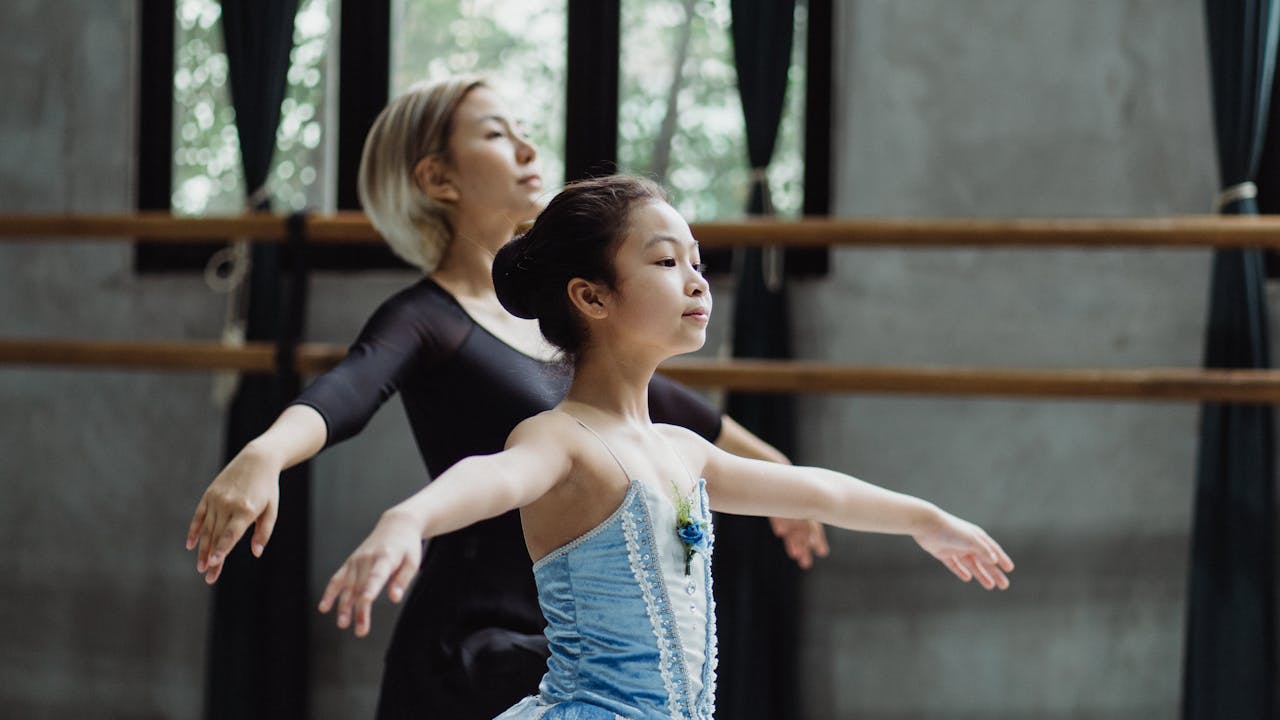Drama education serves as a dynamic platform for fostering creativity, self-expression, and personal growth. Through the exploration of theatrical techniques, dramatic literature, and performance skills, drama education empowers individuals to explore the complexities of the human experience and engage with issues of identity, empathy, and social justice. In this discourse, we delve into the essence of drama education, its transformative potential, and its role in shaping well-rounded individuals.
Exploring the Essence of Drama Education
Drama education encompasses a diverse range of practices and pedagogies aimed at cultivating theatrical skills, artistic expression, and critical thinking. It provides individuals with opportunities to engage in activities such as improvisation, role-playing, script analysis, and ensemble performance, allowing them to explore different perspectives, narratives, and emotions. Through hands-on experiences and collaborative projects, drama education fosters creativity, empathy, and communication skills, empowering students to become confident and expressive individuals.
Fostering Creativity and Self-Expression
One of the primary objectives of drama education is to foster creativity and self-expression in individuals. By engaging in improvisation exercises, character development, and performance projects, students are encouraged to explore their unique artistic voice, experiment with different theatrical techniques, and express themselves authentically through performance. Drama education provides a safe and supportive environment for creative exploration, allowing students to take risks, make bold artistic choices, and discover their creative potential.
Enhancing Communication and Collaboration
Drama education plays a crucial role in enhancing communication and collaboration skills in individuals. Through ensemble-based activities, group discussions, and performance projects, students learn to communicate effectively, listen attentively, and work together towards a common goal. Drama education promotes active listening, empathy, and perspective-taking, helping students develop essential interpersonal skills that are transferable to other areas of learning and life.
Exploring Identity and Empathy
Drama education provides individuals with opportunities to explore issues of identity, empathy, and social justice through the lens of theatrical performance. By inhabiting the roles of different characters and engaging with diverse narratives and perspectives, students develop a deeper understanding of themselves and others. Drama education encourages empathy, compassion, and tolerance by challenging students to step into the shoes of others, explore different points of view, and engage with complex social issues in a safe and supportive environment.
Promoting Critical Thinking and Reflection
Drama education promotes critical thinking and reflection by encouraging students to analyze, interpret, and evaluate dramatic texts and performances. Through the study of dramatic literature, theater history, and performance theory, students develop the ability to think critically about the cultural, historical, and social contexts of dramatic works. Drama education also provides opportunities for students to reflect on their own creative process, artistic choices, and personal growth, fostering self-awareness, self-confidence, and a deeper understanding of themselves as artists and individuals.
Empowering Personal Growth and Self-Discovery
Central to the philosophy of drama education is the belief that theater has the power to transform lives and empower individuals to reach their full potential. By providing opportunities for personal growth, self-discovery, and artistic expression, drama education helps students develop a sense of identity, purpose, and confidence in themselves and their abilities. Through the process of creating, rehearsing, and performing, students learn to take risks, overcome challenges, and embrace their unique talents and strengths.
In conclusion, drama education serves as a powerful catalyst for personal and societal development, enriching lives through the exploration of creativity, empathy, and self-expression. By fostering creativity and self-expression, enhancing communication and collaboration, exploring identity and empathy, promoting critical thinking and reflection, and empowering personal growth and self-discovery, drama education equips individuals with the skills, knowledge, and confidence to become engaged citizens and lifelong advocates for the arts. Through continued investment and commitment to quality drama education programs, we can unlock the transformative power of theater to create a more empathetic, connected, and compassionate world.




